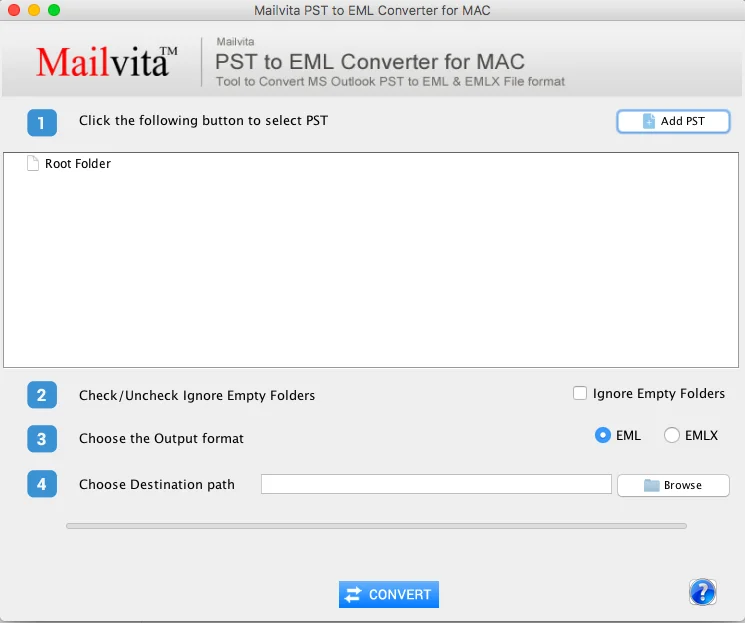Cloud ERP: A Brief Overview of Cloud Based Business Management
2
0
·
2025/07/22
·
4 mins read
☕
WriterShelf™ is a unique multiple pen name blogging and forum platform. Protect relationships and your privacy. Take your writing in new directions. ** Join WriterShelf**
WriterShelf™ is an open writing platform. The views, information and opinions in this article are those of the author.
Article info
Tags:
Total: 910 words
Like
or Dislike
More to explore









In the fast-moving world we live in today, organization and efficiency are essential. Enterprise Resource Planning (ERP) software helps organizations manage everything, from inventory, accounting, and human resources to customer service, in one easy-to-access location.
More and more organizations are opting for Cloud ERP over traditional software. But what is the difference between traditional ERP and Cloud ERP, and why is it so desirable? This article will break down Cloud ERP into simple terms, with illustrations and real numbers.
What is Cloud ERP?
Cloud ERP is a type of software that is operated through the internet on the cloud (as opposed to being hosted on a computer’s hard-drive). There isn’t an installation on your computer or a complicated setup; all you need is a device (laptop or phone) and an internet connection.
Most traditional implementations normally have high starting cost limitations, putting the expenditure beyond most organizations' budgets, with lengthy installations. Cloud ERP Software is cloud based, allowing organizations to have ease of use, more flexibility, and, most of the time, there will be financial cost savings compared to installed systems.
What is Possible with an ERP Cloud System?
A Cloud ERP system provides with a lot of aspects of a business in one source, such as:
Finance and accounting
Inventory and supply chain management
Sales and customer service
Payroll and HR
Project management
Reporting and analytics
ERP brings everything to one system, so that we do not need multiple tools for each tasks/point. Also, once implemented in the cloud, your teams can access the ERP anywhere.
How Does ERP Cloud Work?
ERP Cloud works by moving a business/company all data and processes to an isolated location on servers ran by companies such as Microsoft, Oracle, SAP, and many more. You do not have to worry about updates of the software or hardware because everything is through secure sessions managed online.
An example being if your team members are working and living in different cities, regions, or countries, they can all access the same copy of data, at the same time working in the same ERP Cloud system, enabling simply collaborating in a team environment.
Advantages of Cloud ERP Software
There are many clear advantages as to why many companies prefer Cloud ERP Software:
Lower Costs
You do not have to spend on expensive infrastructure or IT. Cloud ERP is subscription-based, typically paid for monthly or annually.
Convenience
The system is accessible from anywhere, at the office, at home, and on the road.
Automatic Updates
The software is self-updating. You will always have access to the latest features and security.
Improved Collaboration
Because everyone can access the same system, working together is easier.
Scalability
As you grow your business, your Cloud ERP can grow along with you. You can add more users or more functionality, and you can have the entire team join.
Data Security
Cloud vendors, such as Oracle or Microsoft, boast strong security measures, backups, and disaster recovery plans.
Who Should Use a Cloud-Based ERP?
A cloud-based ERP is not just for large enterprises; it can provide value for small or mid-sized businesses as well. Here are just a few examples:
A retail business that would like to manage inventory and sales in one place.
A manufacturer that would like to keep track of supplies, shipments, and schedules of its employees.
A start-up that needs real-time accounting and needs the flexibility of working from anywhere.
A not-for-profit organization that would like to track donations, volunteers, and reports in one system.
No matter the industry or size of the organization, a cloud-based ERP can help save hours of work and reduce errors.
Some Popular Cloud-Based ERP Providers
Perhaps it is helpful to list some popular Cloud ERP Software companies:
SAP S/4HANA Cloud – commonly used by large enterprises
Oracle NetSuite – useful for growing firms
Microsoft Dynamics 365 – integrates well with other Microsoft tools
Zoho ERP – cost-effective for small firms
Odoo Cloud – open source and customizable.
Each of these systems have their own features and pricing, so it is advisable to determine what features/price works for the organization.
What to Think About Before You Settle on an ERP Cloud Computing
Think about the following before you switch to a Cloud ERP:
Privacy laws: Ensure the provider follows the laws of your nation.
Training: Your staff is likely to be uncomfortable with the change to a new system.
Internet: You needed a stable internet service because it runs from the cloud.
Support: Choose a company that provides great customer service, if you need help
Researching and reading reviews will to to help you avoid problems in the future.
Also read: What is Cloud ERP? Exploring the Sustainable Solution For Your Business!
Conclusion
To sum it up, Cloud ERP is changing how business gets done. It is more flexible, cheaper, and easier to access than yesterday's systems. Newer systems will even be appealing to the smallest of teams and households. A Cloud Based ERP system will already assist you in business management, but wanted to save you time and provide growth.
Now is the right time to start the exploration of Cloud ERP Software, as providers are rapidly increasing and include far more tools. ERP Cloud Computing has enabled investment firms to provide solutions that keep business connected and running efficiently, regardless of where their workforce is located.
If you are looking at options to smooth your business operations, cloud ERP may be the next step for you.